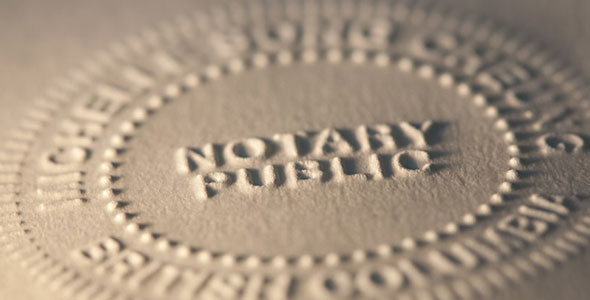Debunking Notarial Job: Streamlining the Duty and Importance of Notaries
Their role, commonly shrouded in enigma for several, brings considerable weight in making certain the credibility and stability of essential documents. By unraveling the intricacies bordering notarial methods and losing light on the value of their acts, a more clear understanding emerges of the vital duty notaries play in upholding the fabric of contractual and lawful contracts.
The History of Notarial Job
The background of notarial work days back to old civilizations, where scribes played a crucial function in recording important info and authenticating files. This led to the growth of notaries, individuals selected by the state to act as neutral witnesses in lawful issues.
During the Middle Ages, notaries acquired prestige in Europe, with their functions broadening to consist of drafting legal records, licensing signatures, and maintaining records. The increase of worldwide trade additionally stressed the relevance of notarial job in validating contracts and agreements across borders.
In the modern-day era, notaries remain to play an important duty in lawful and business transactions by verifying identifications, validating the authenticity of documents, and preventing scams. Their function in accrediting the legitimacy of arrangements adds a layer of safety and security and depend on to the ever-evolving landscape of business and regulation.

Tasks and Obligations of Notaries
The historical development of notarial job from old civilizations to the modern-day era has actually shaped the distinct duties and duties that notaries maintain in lawful and organization deals today. Notaries play an important role in verifying the credibility of documents and the identification of notaries. Among their main obligations is to witness the finalizing of vital papers, such as deeds, agreements, and wills, to make certain that all celebrations are entering right into agreements knowingly and willingly. Notaries likewise validate that signatures are of audio mind and not under duress or threat.
In addition, notaries are charged with providing affirmations and oaths, which are essential in lawful process and the implementation of testimonies. They certify copies of original papers, providing guarantee to establishments that the copies are real replicas of the originals. Notaries need to keep exact documents of all deals they look after to ensure openness and responsibility. On the whole, the duties and responsibilities of notaries are crucial in protecting the honesty and validity of numerous records and purchases.
Notarial Certificates and Signatures
Exhibiting thorough focus to information, notarial certificates and signatures act as essential components in confirming the credibility of legal documents. Notarial certificates usually include essential information such as the date of notarization, the names of the signatures, a description of the file, and the notary's main seal. These certifications supply a clear record of the notarial act, ensuring that the paper can be quickly identified and mapped back to the notary that looked after the process.
Trademarks play a pivotal function in notarial work, as they signify the arrangement and permission of the celebrations involved. Notaries meticulously witness the signing of documents to verify the identification of the signatories and validate that they are signing of their own cost-free will. By attaching their main seal and trademark to the file, notaries license that the required treatments have been adhered to and that the paper is enforceable and legitimate.
Basically, notarial certifications and signatures are the characteristic of authenticity in pop over to this web-site lawful transactions, giving assurance to all parties included that the records are genuine and binding.
Importance of Notarial Acts

Registration Refine Clarified
Discussing the registration procedure provides clarity on the vital actions associated with validating legal documents. The notarization process usually starts with the private offering the file to a notary public. The notary then verifies the signer's identification through acceptable recognition approaches. Once the identity is confirmed, the notary ensures that the private authorizing the file does so voluntarily and with no threat.

Verdict

Notarial certifications usually have essential details such as the date of notarization, the names of the notaries, a summary of the file, and the notary's official seal. These certifications offer a clear record of the notarial act, making sure that the paper can be quickly identified and traced back to the notary that looked after the process.
By attaching their main seal and trademark to the document, notaries certify that the needed procedures have been followed and that the file is valid and enforceable.
By learn the facts here now verifying the identity of the signatories, confirming their desire to get in right into the contract, and certifying the date and area of the finalizing, notaries play a crucial role in upholding the credibility of legal documents.After the file is authorized, the notary will attach their main seal or stamp onto the file.